Need bolts that absolutely won’t fail under pressure, but unsure which ones offer peak performance? Choosing bolts that aren’t strong enough can lead to dangerous failures. Understanding bolt materials and grades is key.
Titanium bolts, especially high-performance alloys like Grade 5 (Ti-6Al-4V), are among the strongest available. They offer exceptional tensile strength combined with low weight and superior corrosion resistance, perfect for demanding jobs.
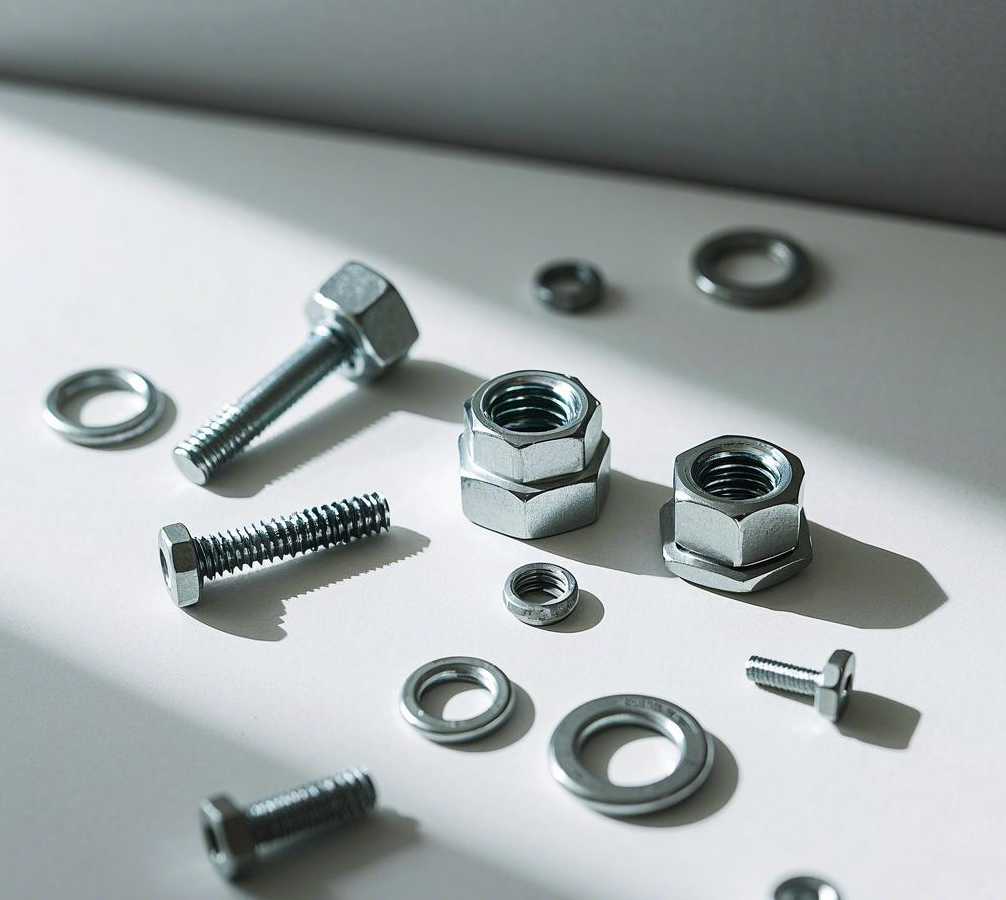
Earlier this year, I had the great opportunity to attend the Titanium Expo held right here in my hometown, a region known globally as a major titanium production base. Professionals from all over the world were there, and the buzz was clear: demand for titanium, particularly for precision parts like fasteners, is really taking off. When engineers need the absolute best performance, especially where strength must be balanced with light weight and the ability to resist harsh environments, titanium bolts often come up in conversation. As someone connected to this industry, I’ve seen how these remarkable fasteners, often produced using precise CNC machining, are critical in fields from aerospace to motorsports. Let’s look at what makes certain bolts stronger than others.
What type of bolts are strongest?
You’ll find bolts made from various materials – common steel, stainless steel, titanium, and more. Just looking at a bolt doesn’t tell you its strength, and choosing incorrectly can be risky. Focus on the material properties and official grades.
Bolt strength heavily depends on the material and its specific grade or class. High-grade alloy steel bolts (like Grade 8 or Metric Class 10.9/12.9) offer very high tensile strength. Strong titanium alloys provide comparable strength but are much lighter.
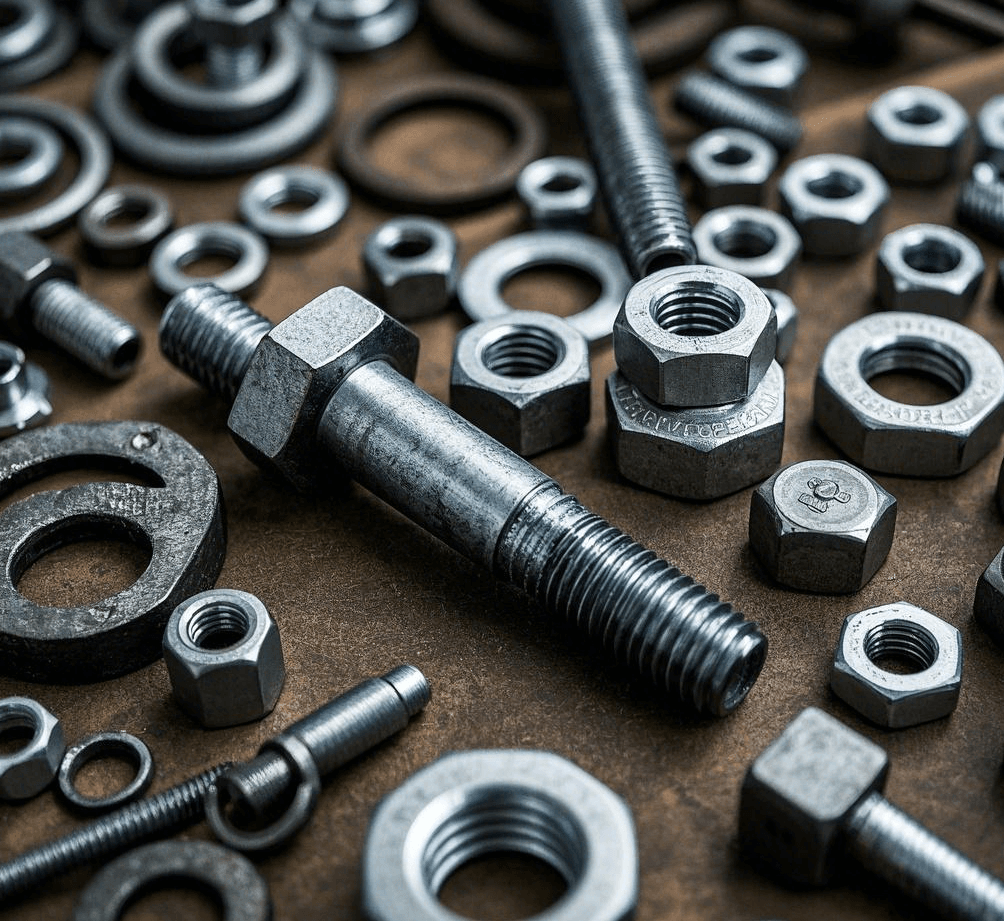
Diving Deeper: Comparing High-Strength Materials
When ultimate strength is the priority, a few material types stand out.
High-Grade Alloy Steel
These are often the go-to for high-strength applications due to their performance and cost-effectiveness. They achieve strength through specific alloying elements (like chromium, molybdenum, nickel) and heat treatment processes. Common examples include:
- SAE Grade 8 (USA): Marked with 6 radial lines on the head. High tensile strength.
- Metric Class 10.9 and 12.9 (ISO): Marked with 10.9 or 12.9. Class 12.9 offers extremely high tensile strength, among the highest for steel bolts.
- Pros: Very strong, widely available, relatively low cost.
- Cons: Heavy, susceptible to rust/corrosion unless coated.
Titanium Alloys
Titanium alloys, particularly Grade 5 (Ti-6Al-4V), are renowned for their impressive strength-to-weight ratio.
- Pros: Strength comparable to many alloy steels but at nearly half the weight, excellent corrosion resistance (especially against saltwater and many chemicals), non-magnetic, performs well at moderate temperatures.
- Cons: Significantly more expensive than steel bolts. Machining requires specialized techniques.
Stainless Steel Considerations
While generally not as strong in pure tension as high-grade alloy steel or titanium alloys, some stainless steel grades (like A4 or 316) offer excellent corrosion resistance. They are often chosen for marine or food-grade applications where preventing rust is paramount, but they don’t typically reach the strength levels of Class 12.9 steel or Grade 5 titanium.
| Feature | High-Grade Alloy Steel (e.g., Class 12.9) | Titanium Alloy (Grade 5) | Stainless Steel (e.g., A4/316) |
|---|---|---|---|
| Tensile Strength | Very High | High | Moderate to Good |
| Weight | Heavy | Light | Heavy |
| Corrosion Resistance | Poor (needs coating) | Excellent | Excellent |
| Cost | Low | High | Medium |
What is the hardest bolt to break?
In critical applications, you need bolts designed to withstand extreme forces without fracturing. Using a bolt that fails under load can lead to catastrophic equipment damage or serious injury. Look closely at the bolt’s strength ratings.
Bolts with the highest rated tensile strength and yield strength are the hardest to break under pulling forces. This typically includes top-tier alloy steel bolts (like Metric Class 12.9) and strong titanium alloys such as Grade 5.
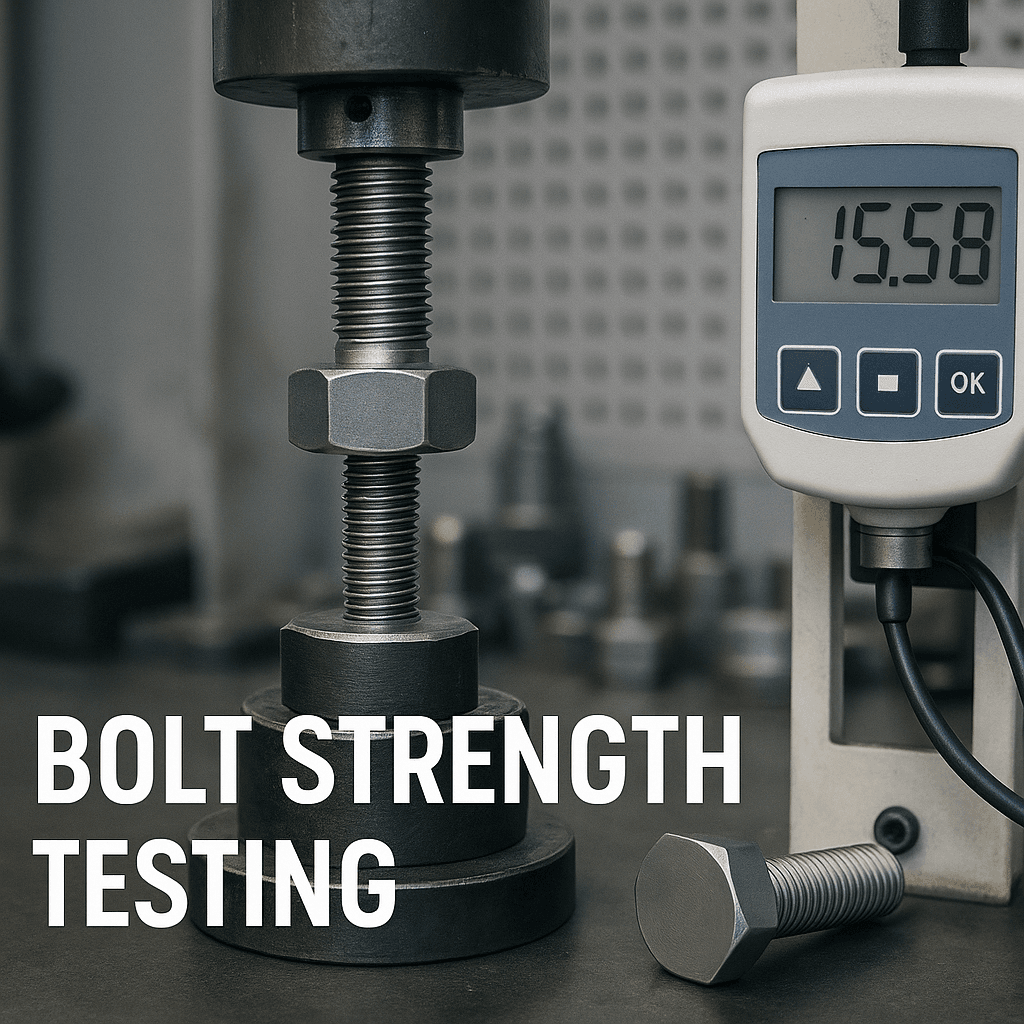
Diving Deeper: Understanding Bolt Strength Metrics
"Hardest to break" usually refers to a bolt’s ability to resist tensile (pulling) forces.
Understanding Strength Metrics
- Tensile Strength (Ultimate Tensile Strength): This is the maximum pulling stress a bolt can withstand before it starts to fracture or break apart. It’s measured in pounds per square inch (psi) or megapascals (MPa). Higher numbers mean greater resistance to breaking under tension.
- Yield Strength: This is the amount of stress required to cause the bolt to permanently deform or stretch. Before reaching yield strength, a bolt might stretch slightly under load but will return to its original shape when the load is removed. Beyond yield, the deformation is permanent. High yield strength is crucial for bolts that must maintain precise dimensions under load.
Bolt Grades and Strength Levels
Bolt heads are often marked to indicate their strength grade:
- SAE Grades (Inch Bolts): Grade 2 (standard, unmarked or 3 lines), Grade 5 (3 radial lines), Grade 8 (6 radial lines). Grade 8 is significantly stronger than Grade 5.
- ISO Metric Classes: Class 8.8 (common high strength), Class 10.9 (very high strength), Class 12.9 (ultra high strength).
- Example Values: Class 12.9 steel bolts typically have a minimum tensile strength around 1220 MPa. Titanium Grade 5 bolts usually have a minimum tensile strength around 950 MPa (though some variations exist). While the steel value is higher, titanium achieves its strength at roughly 56% of the weight of steel.
Strength vs. Toughness
It’s also worth noting toughness, which is a material’s ability to absorb energy and deform plastically before fracturing. A very strong material might be brittle (break easily under sudden impact), while a tough material might bend or stretch more before breaking. The application dictates whether pure strength or toughness is more critical.
What is the strongest bolt to use?
Okay, we know certain materials and grades are stronger. But how do you pick the absolute best strong bolt for your specific job? Using an ultra-strong steel bolt where corrosion is high, or a heavy bolt where weight is critical, isn’t ideal.
The "strongest" bolt to use isn’t just about the highest number; it’s about the best fit for the application. Consider the required strength, weight limitations, operating temperature, corrosion risks, and cost. Titanium Grade 5 often provides the best balance for lightweight, high-stress, corrosive environments.
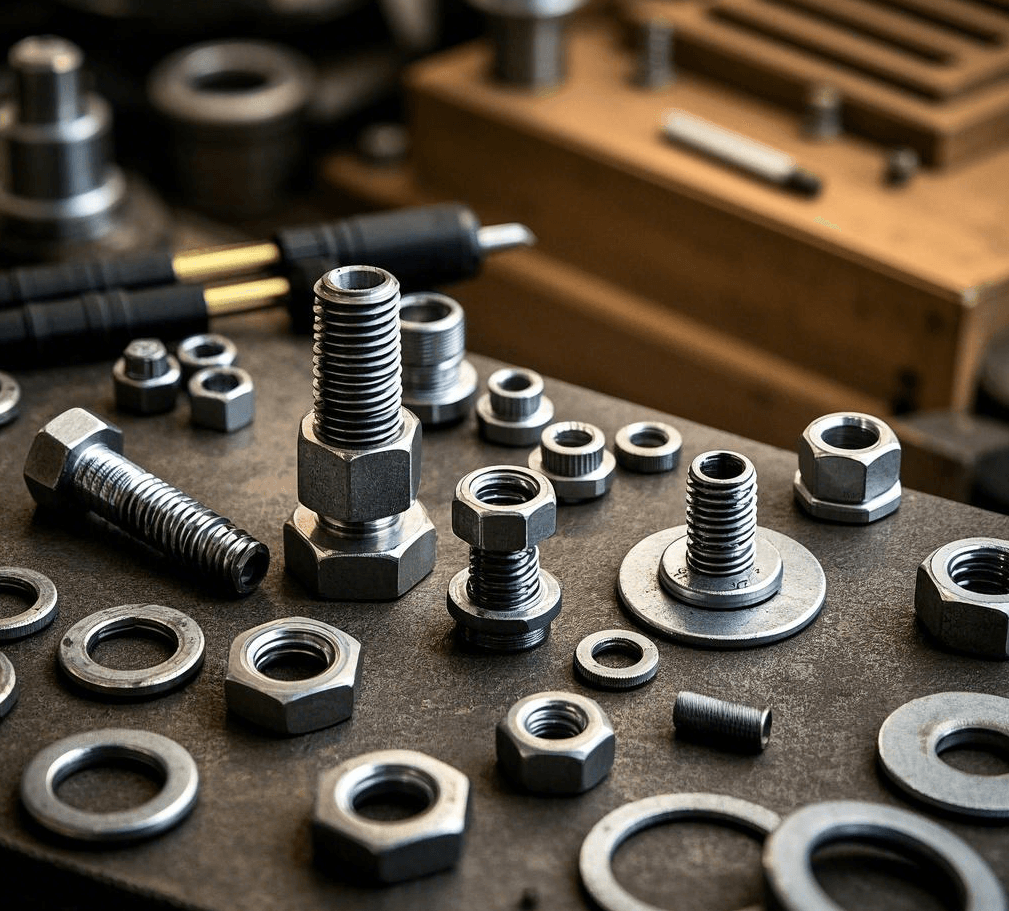
Diving Deeper: Matching Bolts to the Job
Choosing the right fastener involves analyzing the specific demands of the application.
Matching Bolts to Industries
- Aerospace & High-Performance Motorsports: Weight saving is critical. Titanium Grade 5 is heavily favored due to its high strength-to-weight ratio and reliability. Every gram saved matters.
- Heavy Machinery & Construction: High loads are common, but weight is often less critical than cost. High-grade alloy steel bolts (Grade 8 / Class 10.9/12.9) are widely used here.
- Marine & Chemical Processing: Extreme corrosion resistance is essential. Stainless steel (like 316/A4) or titanium alloys are preferred over standard steel which would rust quickly.
- Medical Implants: Biocompatibility, corrosion resistance, and strength are key. Titanium alloys are the standard for many implants like bone screws and joint replacements.
Key Selection Factors
Beyond the industry, consider:
- Load Type: Is it constant tension, shear (sideways force), or vibration (fatigue)?
- Environment: Temperature extremes? Exposure to saltwater, chemicals, moisture?
- Weight Budget: Is minimizing weight critical?
- Cost: What is the budget for fasteners? Titanium is premium; steel is economical.
- Required Lifespan: How long must the connection last without failure or replacement?
Installation Matters
Even the strongest bolt can fail if not installed correctly. Proper tightening (torque) according to specifications is crucial to ensure the bolt achieves its intended clamping force without being overstressed.
What is the most powerful bolt?
"Powerful" isn’t a standard engineering term for bolts, but we can think about what makes a bolt perform exceptionally well overall. Focusing only on pure breaking strength might overlook other critical performance aspects like durability under repeated stress or resistance to failure in tough environments.
If "powerful" means excellent overall performance, then bolts combining high strength, good toughness, high fatigue resistance, and strong environmental resilience (like corrosion resistance) fit the bill. Titanium Grade 5 excels across these demanding metrics.
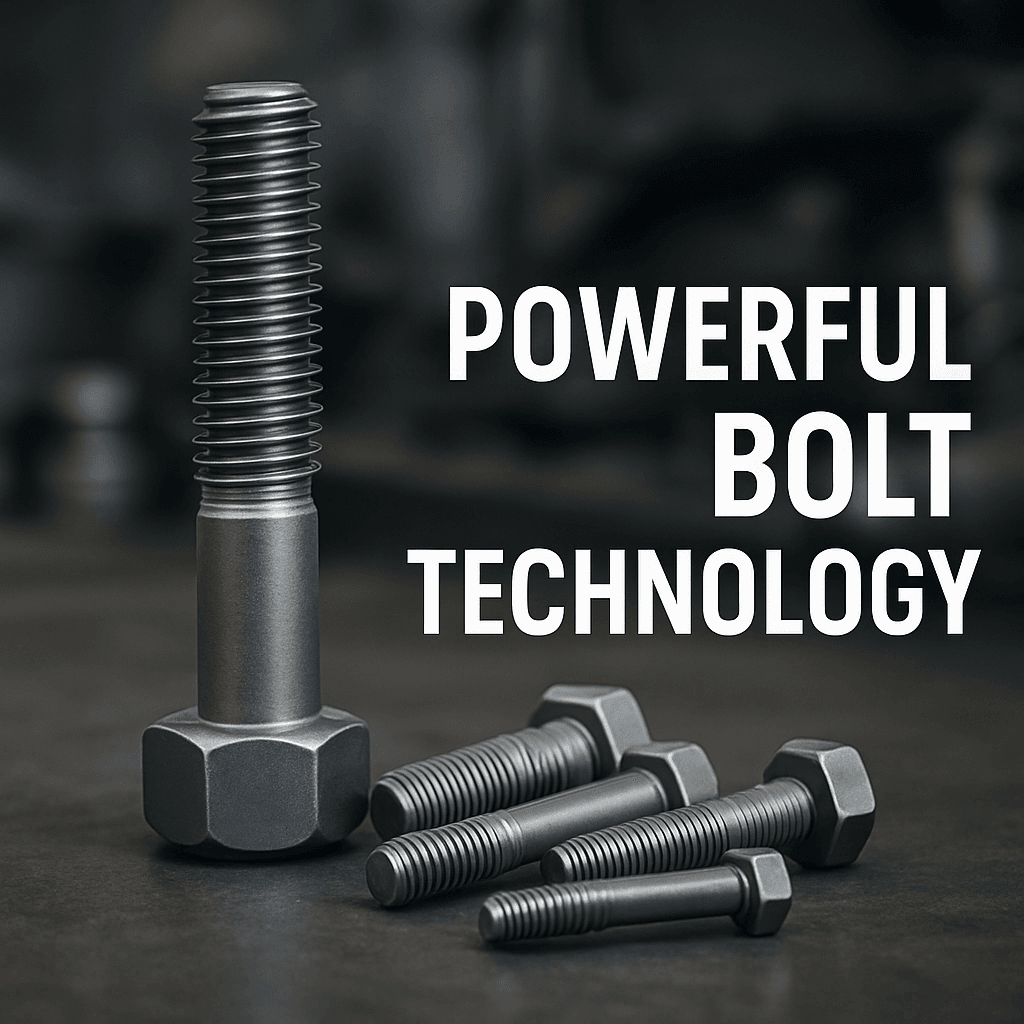
Diving Deeper: A Holistic View of Bolt Performance
True high-performance fastening goes beyond just resisting a single maximum pull.
Beyond Tensile Strength
While important, tensile strength is only part of the story. In many applications, other factors determine a bolt’s long-term reliability.
Fatigue and Environment
- Fatigue Strength: This is the bolt’s ability to withstand repeated loading and unloading cycles without failing. It’s critical in engines, rotating machinery, aircraft structures, and anywhere subject to vibration. Titanium alloys generally exhibit excellent fatigue strength.
- Corrosion Resistance: A bolt that rusts loses strength over time. Titanium’s natural passive oxide layer makes it exceptionally resistant to many corrosive media, ensuring it maintains its integrity far longer than steel in harsh conditions.
- Temperature Resistance: Materials behave differently at high or low temperatures. Titanium maintains good strength over a reasonably wide temperature range.
Titanium’s Balanced Power
The "power" of a Grade 5 titanium bolt lies in its remarkable combination of properties. It delivers high tensile and yield strength, excellent fatigue life, outstanding corrosion resistance, and does it all at a low density (light weight). While an ultra-high-strength steel bolt might have a higher ultimate tensile strength on paper, the titanium bolt might prove more "powerful" in an application involving vibration, corrosive elements, and strict weight limits, ensuring reliable performance over the long haul.
Conclusion
High-grade alloy steels (like Class 12.9) and titanium alloys (like Grade 5) offer top-tier strength. Titanium truly excels where high strength-to-weight ratio and superior corrosion resistance are critical, making it ideal for aerospace, motorsports, and medical fields.

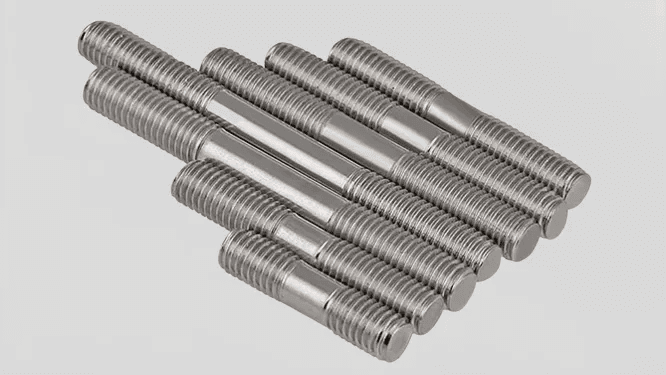





4 Responses
as I website owner I believe the written content here is real good, appreciate it for your efforts.
thanks for your message, wish some will help you
I am glad to be one of the visitors on this outstanding website (:, regards for posting.
Thank you for your kind words! We are glad you found our website useful.